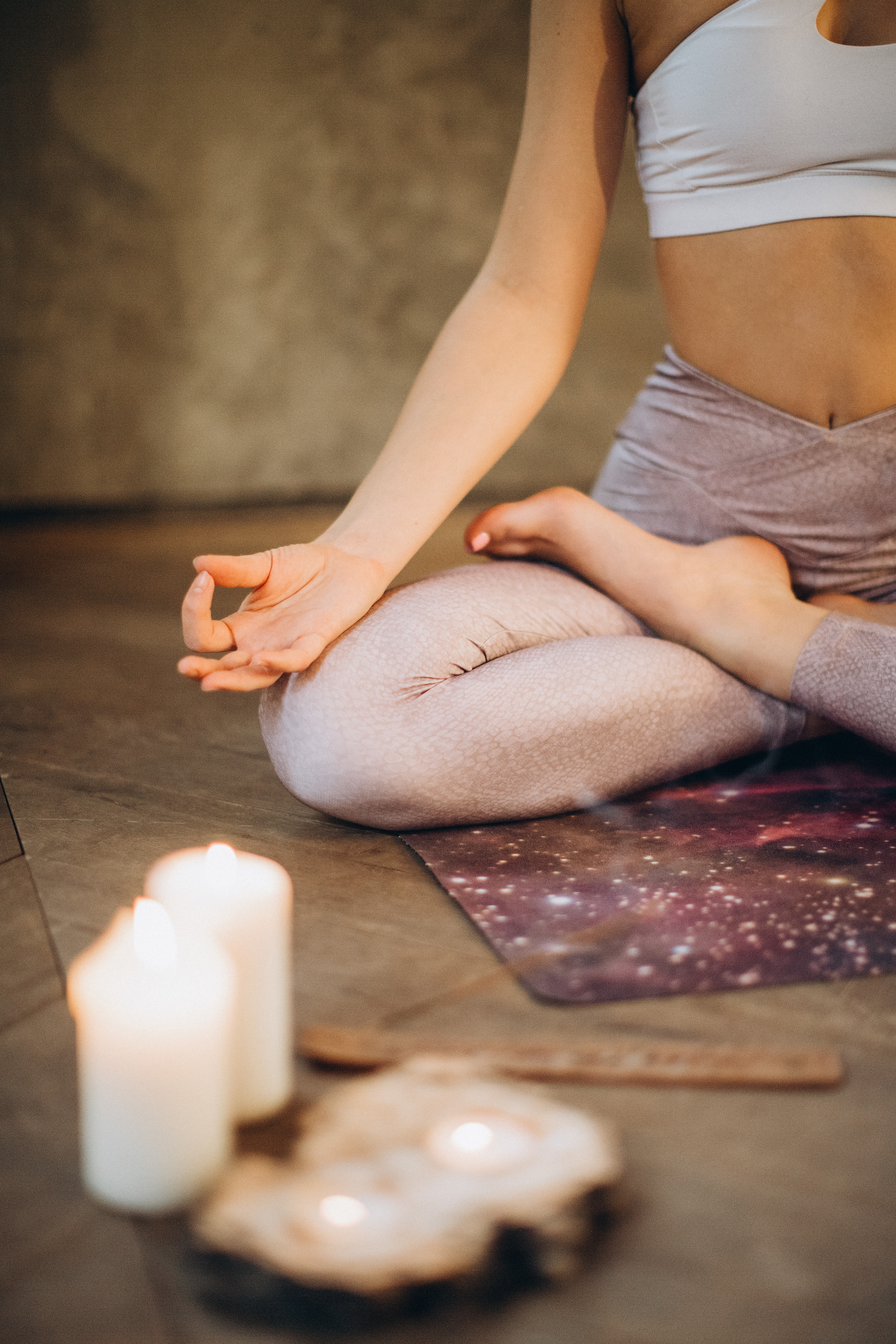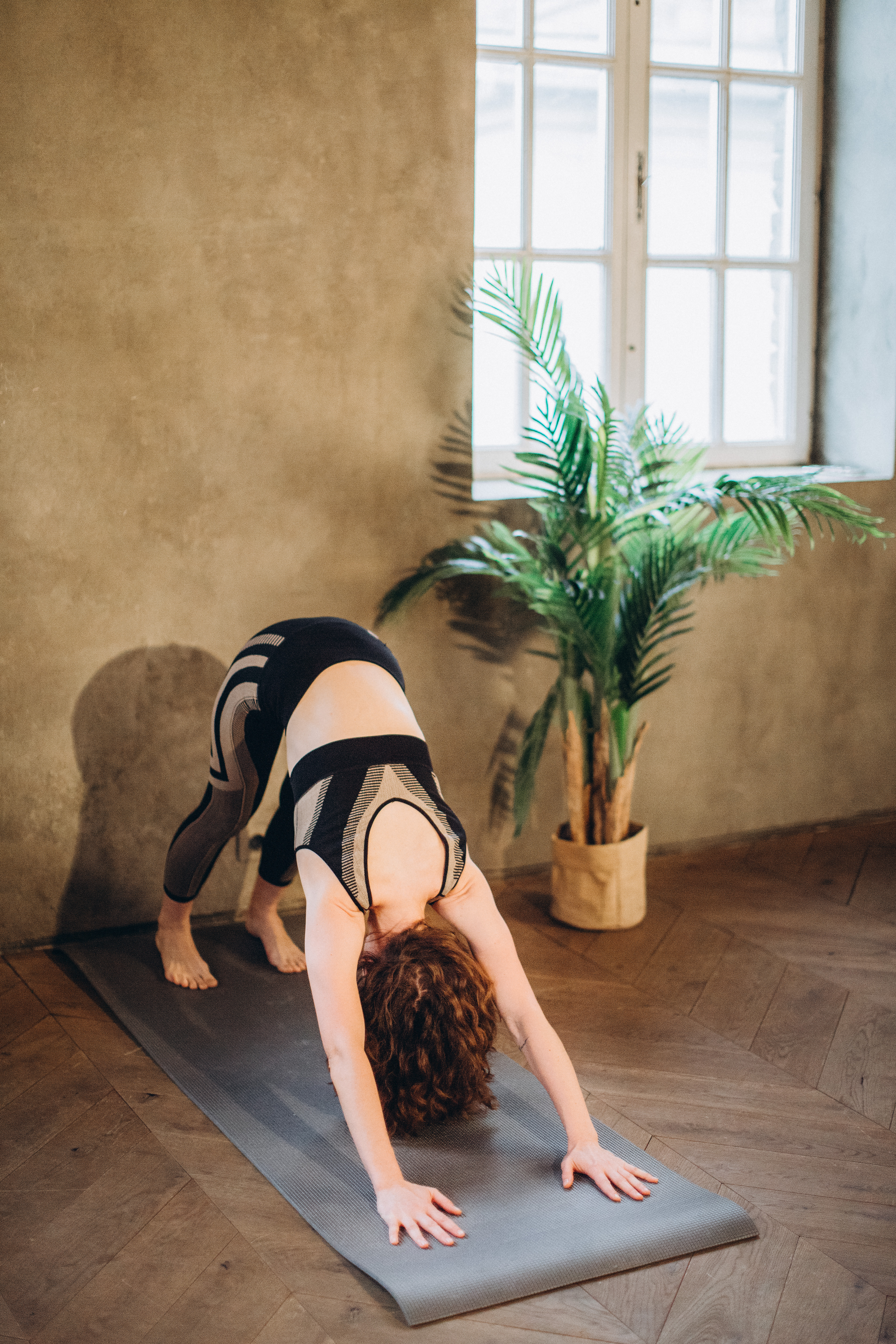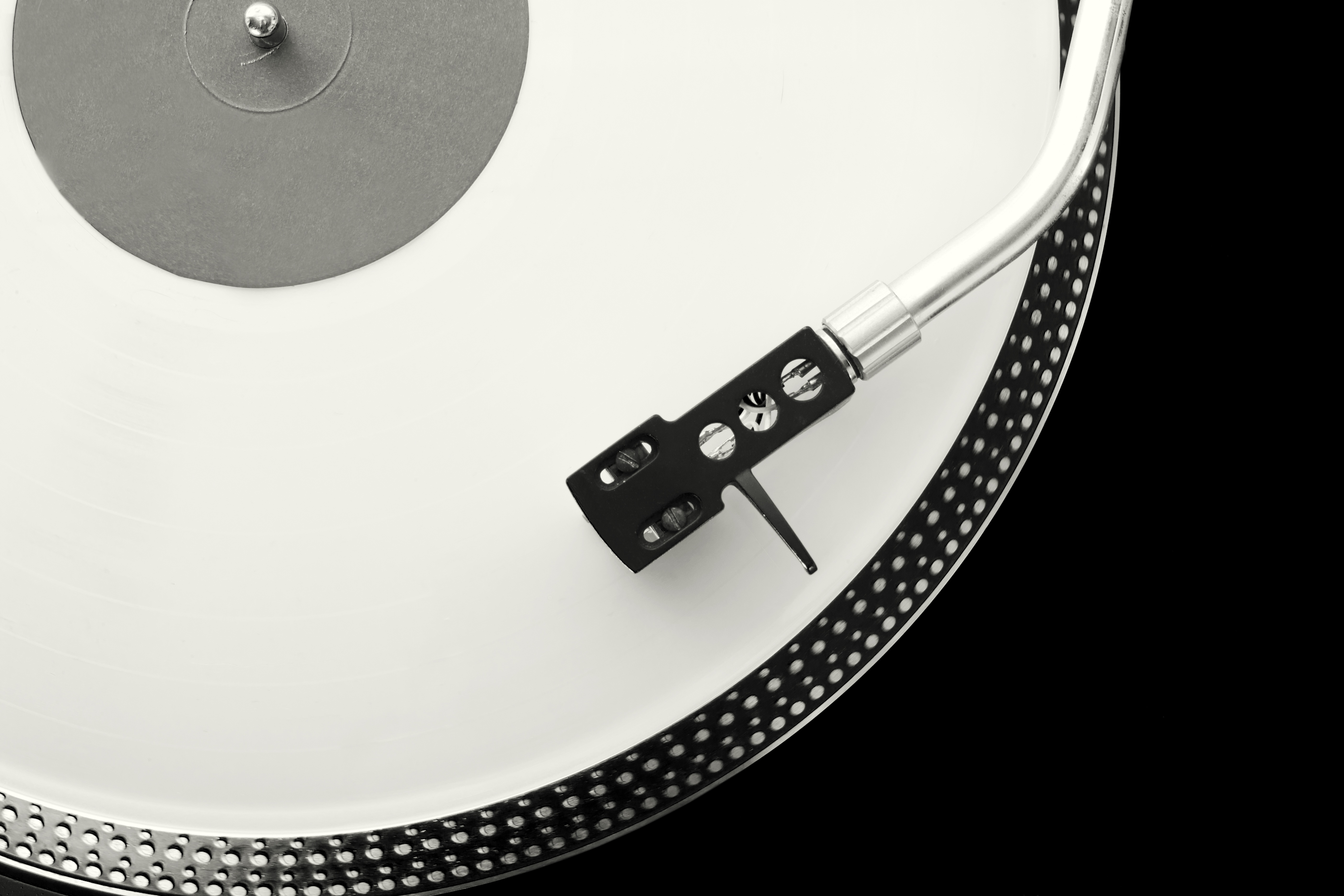I know I’m not the only one who starts to get anxious the moment I’m not doing something. American culture is revolved around working hard, and doing things virtually non-stop from the moment we wake up, and if you don’t you’ll feel like you’re being lazy, thus relaxing can have a negative connotation associated with it. Now that we’re stuck at home, it’s hard to shake this feeling of needing to be somewhere or needing to do something since, in the present climate, we really can’t go anywhere. This trained behavior isn’t easy to change, but there are some tools that can help you learn how to relax and take control of that antsy feeling you’re getting due to being stuck at home.
Go For A Stroll

If you feel that itch like you need to be somewhere. Simply, go somewhere. A walk around the neighborhood will give you a change of scenery, and it will fill that need of leaving the house. This will also help you when you get back home as you’ll have been doing light exercise, your muscles will relax when you get back. Also, staying inside all day can also deplete your vitamin D, so soaking up a little sun can help you.
Redirect Your Focus

If you’re having those racing thoughts of what needs to get done, and if you’ve forgotten anything, and can’t escape them, try and redirect your focus on your breathing. Just by channeling your attention to this can calm down your mind. If you need help doing this, there are plenty of tools that can help you. There is a self-hypnosis app called UpNow that talks you through step by step, and you finish feeling relaxed yet still with energy. I’d highly recommend it for anyone who struggles with allowing themselves to take their much-needed breaks. The relaxation session is free, and she has a few more offers for free sessions as well, and a bunch of other audios to explore if you decide you like it.
Exercise

Blogger Alicia Trautwein has a suggestion: “If you prefer something more active and can’t get into meditation, try with physical activity. It’s a well-known fact that during exercise, your body releases endorphins that trigger a positive feeling in your mind and body.”
According to Harvard Health there is a pretty direct correlation with the mind and the body. Thus, if you work on controlling and relaxing your muscles it can help control and relax your mind. There are plenty of workouts that can achieve this, but yoga is infamous in helping you find your “Zen”.
Resist That Caffeine Craving

If you’re a habitual coffee drinker, there is nothing better than having the reassurance of a cup of coffee next to you ready to drink. Sometimes it’s not even out the need for caffeine as much as a source of comfort. Before I go any further, I’d like to point out that I am not suggesting you stop drinking coffee. What I am suggesting is to control when you’re drinking caffeine. Although coffee can be a source of comfort, instead of giving you energy and focus, it can make your symptoms of restlessness more severe. This can also interrupt your sleep, which brings me to the next tip.
Make Sure You Get A Good Night’s Sleep

We have a love hate relationship with sleep. It has a huge effect on our over health, especially our mood. Health coach, Erika Schlick, I think puts it perfectly. She says “It’s that one thing we seemingly can’t get enough of, yet if we get too much, we wake up equally as tired and drowsy. Think of how much weight we give to sleep. We essentially chalk up our daily successes or setbacks to our quality of sleep the night before. Want to perform well on an exam? Get a good night’s rest. Can’t focus? Must’ve slept poorly last night. Feeling a little irritable? Had to have woken up on the wrong side of the bed. Bottom line is that sleep is important, and in order to function optimally, we need to snooze deeply.” Here’s a link to her specific tips on how to optimize sleep: 10 Ways to Optimize Your Sleep
Listen To Slow Music
So, this isn’t to say that you need to put on slow classical music to relax. The tempo of the music will do the work. University of Nevada states that “A slower tempo can quiet your mind and relax your muscles, making you feel soothed while releasing the stress of the day. Music is effective for relaxation and stress management.” It’s also important to note that forcing yourself to listen to “relaxing” music you find irritating will not help you relax; it will do the opposite. So instead of trying to convince yourself you enjoy listening monks chanting (not knocking it if you do, by all means, you do you) but choose what you like, maybe some slower soothing songs from our new favorite, Billie Eilish?
It’s easier said than done but utilizing these tools can help you not only relax, but potentially reframe your mindset to enjoy your downtime and really embrace it. Learning how to quiet your mind will improve your overall health and quality of life.



